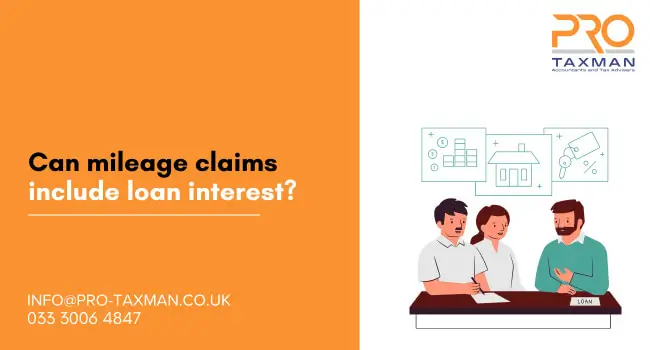The Approved Mileage Allowance Payment (AMAP) was introduced in 2002 as a statutory simplification to allow employers to make tax-free payments up to certain limits to their employees when they carry out business travel in their cars, vans, motorcycles or cycles. The Allowance is a set rate supposedly to help cover the cost of fuel, vehicle excise duty (VED) and upkeep of the car or van and has been the same amount since April 2011:
- Cars and vans: 45 pence per mile for the first 10,000 miles in a tax year, 25 pence per mile thereafter
- Motorcycles: 24 pence per mile
- Bicycles: 20 pence per mile.
The mileage rate does not include incidental expenses incurred in connection with a particular journey, such as tolls, congestion charges and parking fees – these are allowable as a deduction where incurred solely for business purposes.
Note that the Approved Mileage Allowance Payment relates to employees only and not the self employed. A self-employed person can make a ‘strict’ or ‘actual’ claim, based on the aggregate of motoring costs incurred, subject to the fraction of qualifying business mileage over total mileage in the tax year. The self employed can also make a purely business-mileage-based claim similar to employees using the same rates as being acceptable to HMRC (termed making a ‘simplified expenses claim‘).
If the employer pays less than this approved amount, the employee may be able to claim tax relief on the difference. Paying more brings tax implications for both employee and employer as well as extra administration.
One cost that is noticeable by its absence from the list in paragraph one above is any deduction for loan interest. Many business owners rely on hire purchase/loans to pay for their business vehicle and, unless the loan is interest-free, then this amount can be sizeable. For anyone employed claiming under Approved Mileage Allowance Payment for use of their car, if the car was purchased via finance, HMRC has confirmed that loan interest cannot be claimed. HMRC’s PAYE guidance states that ‘AMAPS cover any general or mileage-related expenses in relation to the car itself (such as fuel, servicing, tyres, road fund licence, insurance and depreciation), plus interest on any loan to buy the vehicle. No additional deduction is available for expenses of that type‘. As ever, this is HMRC’s view and not the law.
For the self employed the situation is different. If the self employed use their car for business, claiming mileage as ‘simplified expenses’ using the AMAP rates, then it is arguable that loan interest can be claimed. Unlike for the employed, HMRC has not specifically stated that loan interest is not included in the fixed amount. When the law was passed introducing the ‘simplified expenses’ method of calculation for a business, HMRC’s technical note stated that simplified expenses are‘fixed allowances for business mileage (rather than deductions for actual expenditure on purchasing, maintaining and running a motor vehicle…)’. Other than this sentence HMRC has made no comment. Interest cannot be said to be an ‘expenditure on purchasing’; it is the cost associated with choosing a particular way of financing the acquisition, i.e. a loan. Interest incurred on a loan used for buying an asset used for the business should, therefore, be allowed as a deduction.
Practical point
Note that directors, being employees of their company, will only be able to claim the AMAP mileage rate and not loan interest.
Need professional accounting service or tax advice? Contact us to book a 15-min Free Consultation with us today.
To find out more please follow us on Facebook, Twitter, or LinkedIn. Feel free to contact us on 0333 006 4847 or request a call back by texting 075 6464 7474

